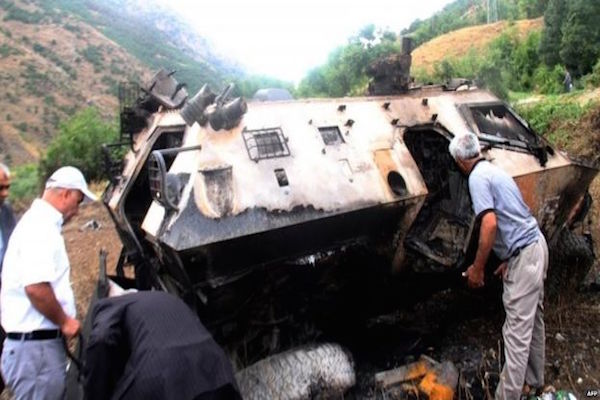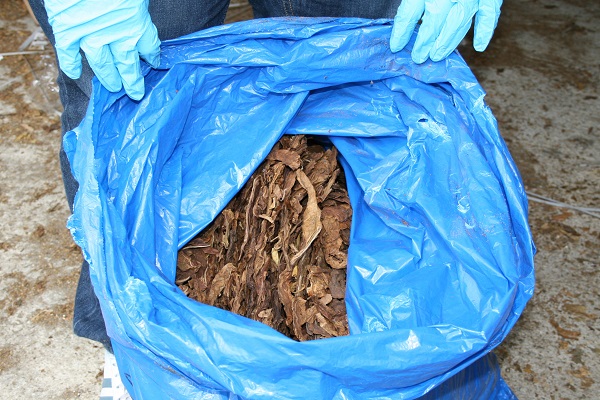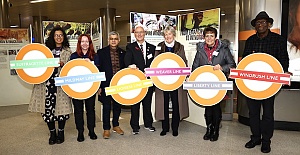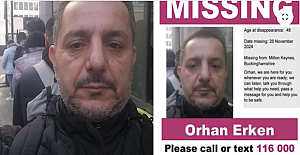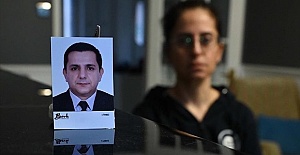Medecins Sans Frontieres says that a legal win for Swiss giant Novartis could set a dangerous precedent India's highest court has dismissed Swiss drug maker Novartis AG's petition seeking patent protection for its cancer drug Glivec, a serious blow to Western pharmaceutical firms which are increasingly focusing on India to drive sales. In a landmark judgement that has the potential to change the direction of India's pharmaceutical business, the Supreme Court said on Monday that the drug failed to qualify for a patent according to Indian law. The compound for which Novartis was seeking a patent "did not satisfy the test of novelty or inventiveness" required by Indian law, the Supreme Court ruled. Novartis has been fighting since 2006 to win an Indian patent for an amended form of Glivec. In 2009 it took its challenge against a law that bans patents on newer but not radically different forms of known drugs to the Supreme Court.
The challenge strikes at the heart of India's patent law, which restricts pharmaceutical companies from seeking fresh patents for making only small modifications to existing drugs - an industry practise known as "evergreening".
The case is the most high-profile of several patent battles being waged in India and could have far-reaching implications in defining the extent of patent protection for multinational drug firms operating in the lucrative market.
'Dangerous precedent'
The Swiss firm has threatened to halt supplies of new medicines to India if the court did not rule in its favour, London's Financial Times reported on Sunday.
"If the situation stays as now, all improvements on an original compound are not protectable and such drugs would probably not be rolled out in India," said executive Paul Herrling, who is leading the company's handling of the case.
"Why would we?" he was quoted as saying by the newspaper.
But Leena Menghaney, a lawyer with medical charity Medecins Sans Frontieres (MSF), says a legal victory for Novartis could "set a dangerous precedent, severely weakening India's legal norms against evergreening".
It would "be dire for people in the developing world who depend on generic drugs made in this country. It could seriously curb access".
Generic drug firms in India - long known as the "pharmacy to the developing world" - have been a major supplier of copycat medicines to treat diseases such as cancer, TB and AIDS for those who cannot afford expensive branded versions.
The cost difference between generic and branded drugs is crucial for poor people around the world, MSF says.
It points out that Glivec - often hailed as a "silver bullet" for its breakthrough in treating a deadly form of leukaemia - costs $4,000 a month in its branded form while its generic version is available in India for around $73.
India's top court dismisses drug patent case
Swiss drug maker Novartis AG could change direction of country's pharmaceutical business.
31 Mart 2013 Pazar 00:11
reads.
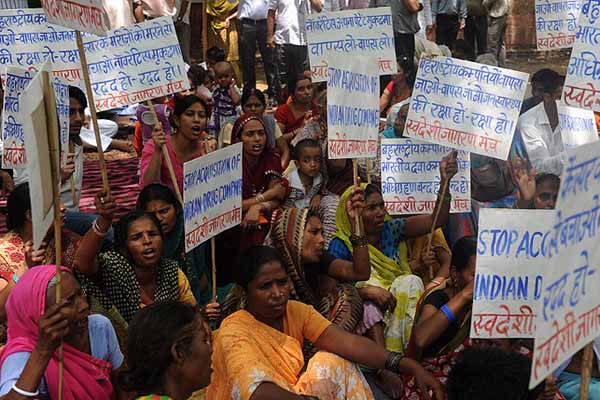


 After Nesil Caliskan a by-election will be held in Jubilee ward in Enfield
After Nesil Caliskan a by-election will be held in Jubilee ward in Enfield Publishing the analysis, Labour’s Cllr Ergin Erbil said Everybody in Enfield deserves basic rights
Publishing the analysis, Labour’s Cllr Ergin Erbil said Everybody in Enfield deserves basic rights Gaza-Israel conflict Statement from Cllr Ergin Erbil, Leader of Enfield Council
Gaza-Israel conflict Statement from Cllr Ergin Erbil, Leader of Enfield Council Cllr Ergin Erbil was elected as the new Leader of Enfield Council
Cllr Ergin Erbil was elected as the new Leader of Enfield Council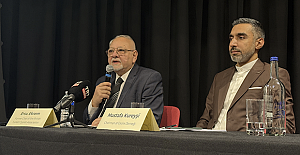 History of the Turkish Cypriot People symposium held in London
History of the Turkish Cypriot People symposium held in London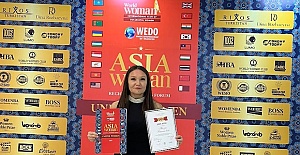 Asia's most famous and powerful 100 women award given to WFPA President Naziya Bisenova
Asia's most famous and powerful 100 women award given to WFPA President Naziya Bisenova Death toll climbs to 5 as powerful Storm Bert batters Britain
Death toll climbs to 5 as powerful Storm Bert batters Britain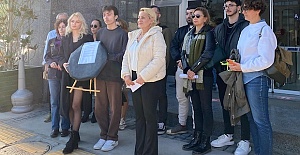 Turkish students are unable to obtain visas from the Italian Consulates
Turkish students are unable to obtain visas from the Italian Consulates Footballers are celebrating after Enfield Council officially opened a pitch
Footballers are celebrating after Enfield Council officially opened a pitch 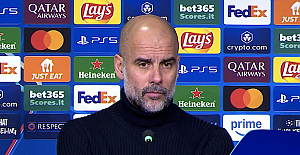 Pep Guardiola's Manchester City beaten by Juventus
Pep Guardiola's Manchester City beaten by Juventus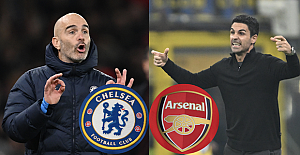 Chelsea to meet Arsenal in Sunday's London derby
Chelsea to meet Arsenal in Sunday's London derby Fenerbahce vs Manchester United Predicted line-ups! Jose Mourinho faces former side
Fenerbahce vs Manchester United Predicted line-ups! Jose Mourinho faces former side UK economy had zero growth between July and September
UK economy had zero growth between July and September Shape the future of housing services with The Enfield 500
Shape the future of housing services with The Enfield 500 DOUBLE-CAB PICKUPS TO BE CLASSED AS CARS UNDER NEW HMRC POLICY
DOUBLE-CAB PICKUPS TO BE CLASSED AS CARS UNDER NEW HMRC POLICY Guide to Selling Hoodies with Imprinted Book Quotes
Guide to Selling Hoodies with Imprinted Book Quotes





